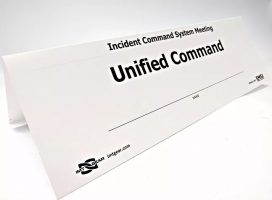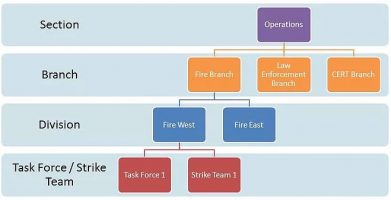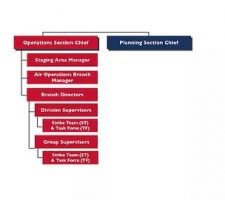A Role Comparison of Crisis Management Teams and Incident Management Teams
Simply put, Crisis Management Teams (CMTs) manage a company crisis, while Incident Management Teams (IMTs) manage incidents. Therefore, a comparison discussion has to begin with a clear definition of a crisis and an emergency incident to distinguish between the two. Dictionary definitions are not very helpful in this regard, except …





